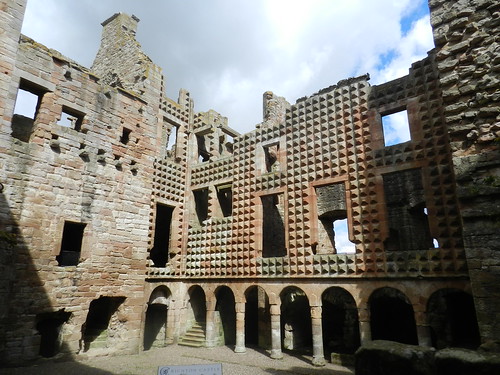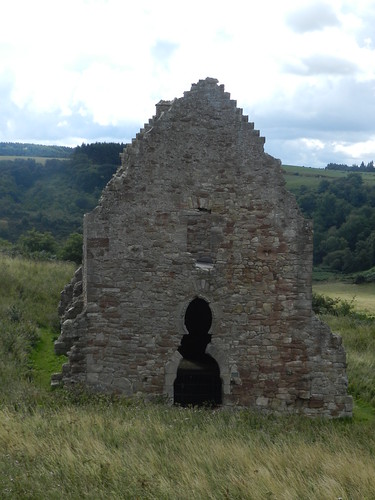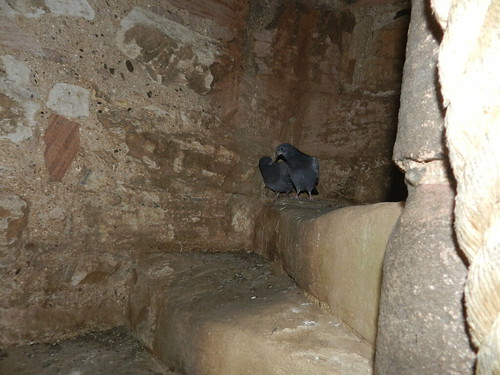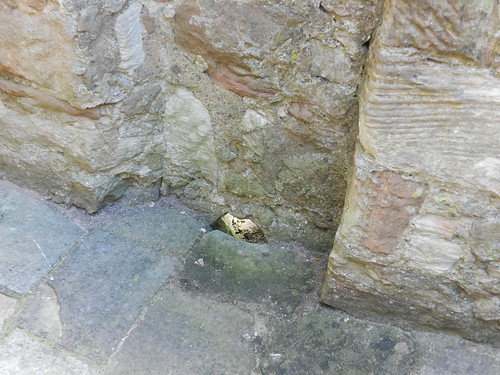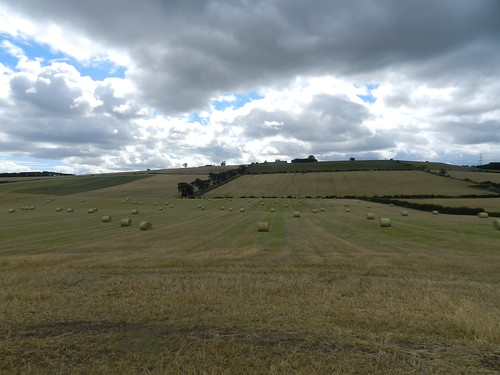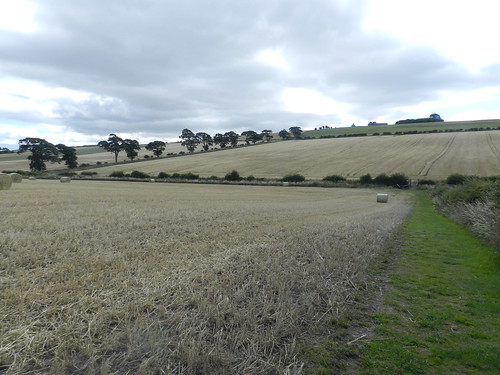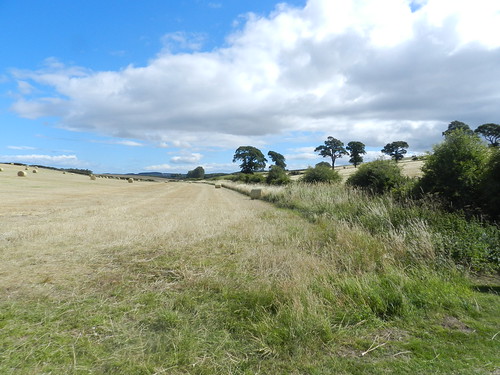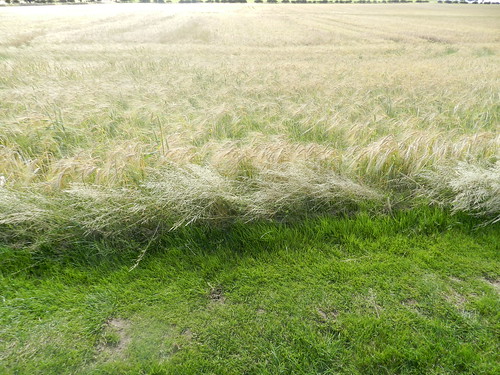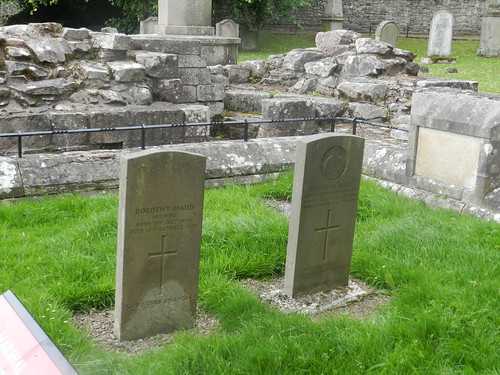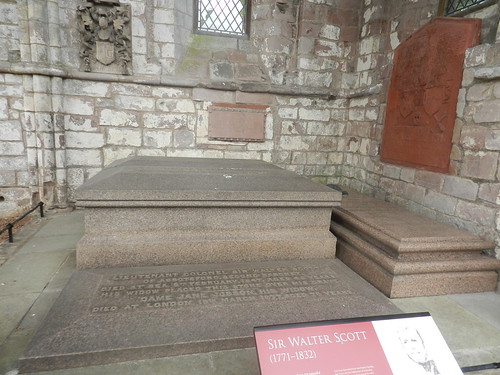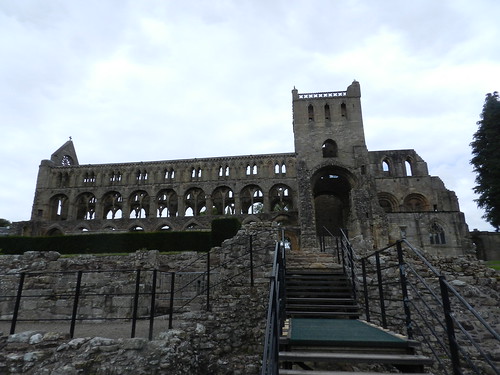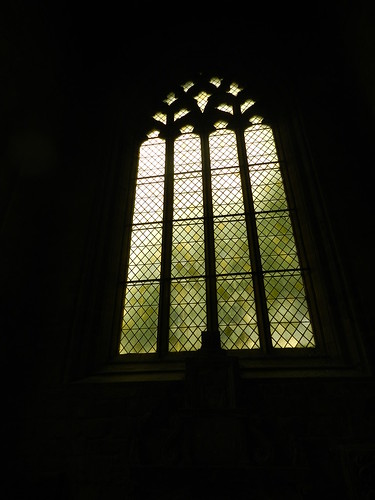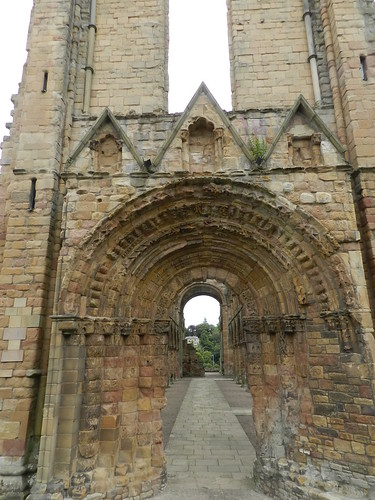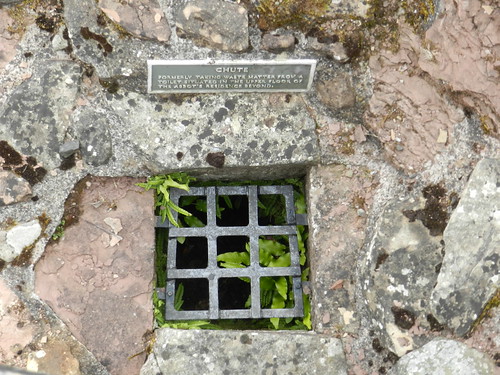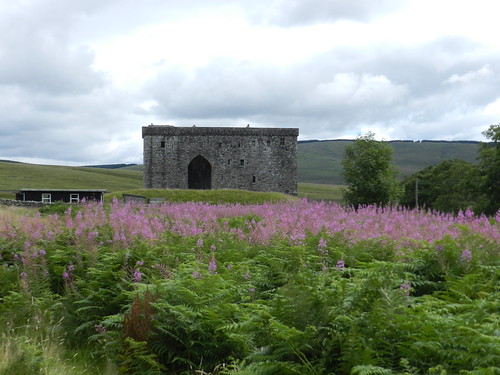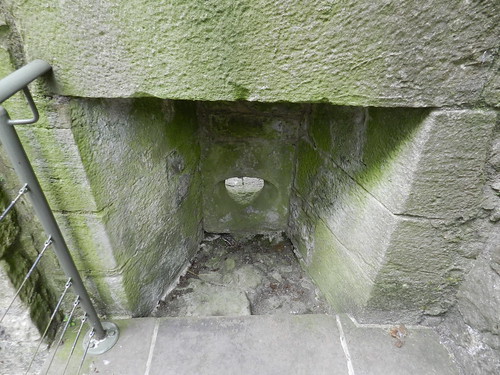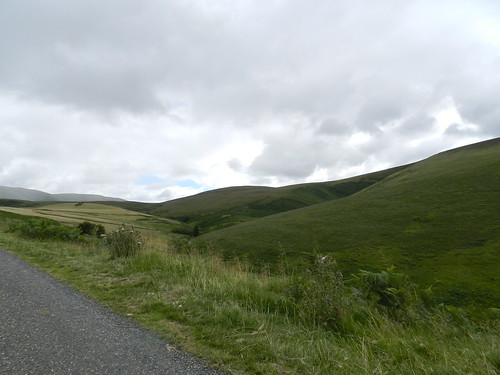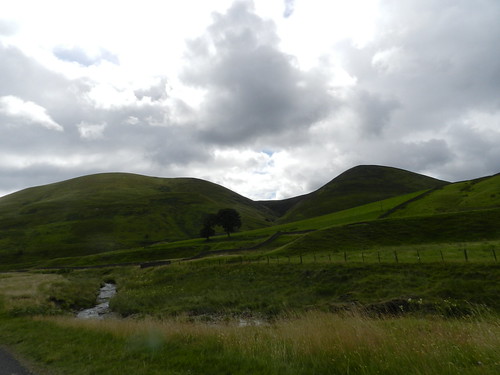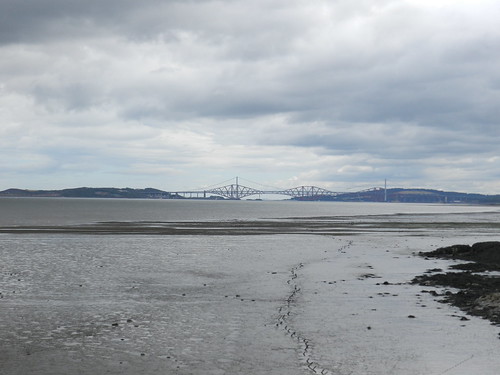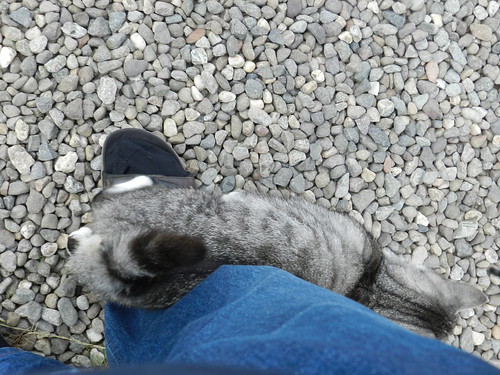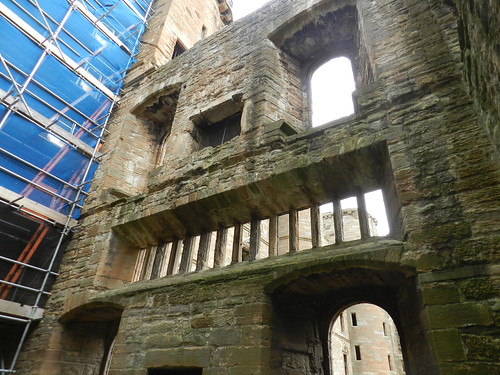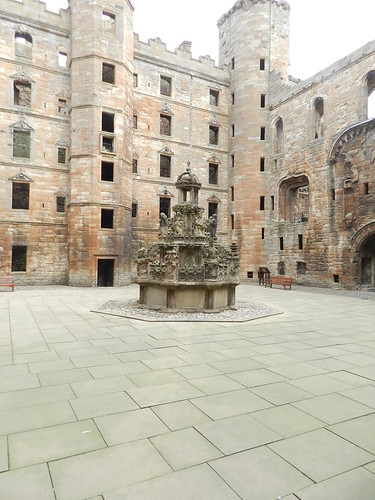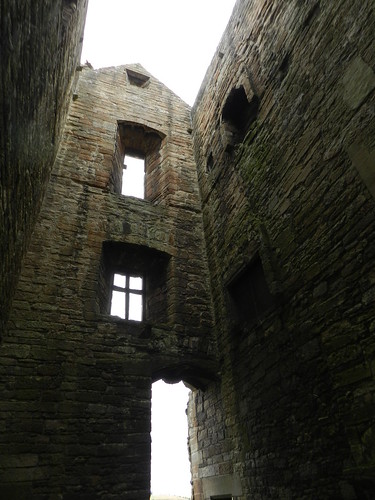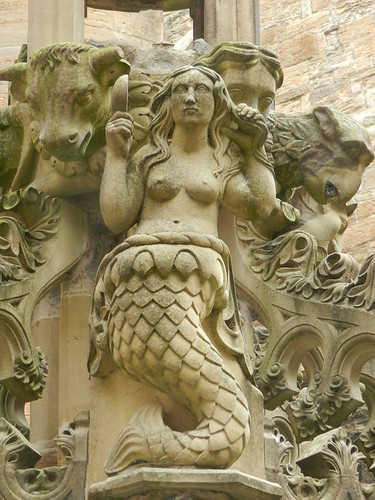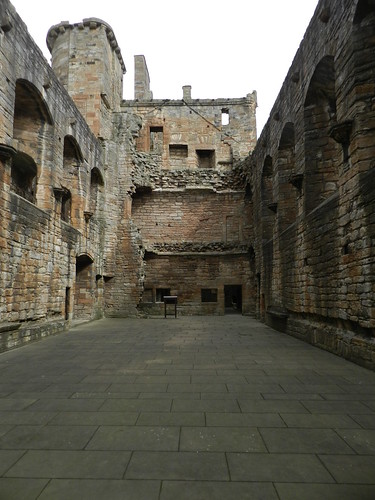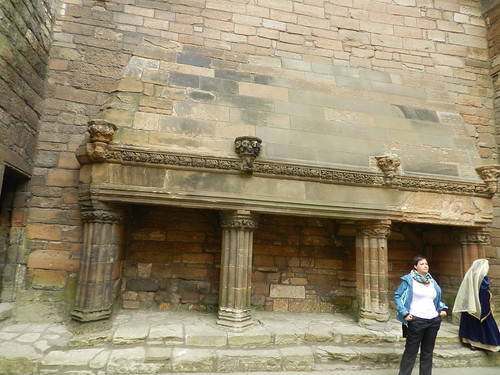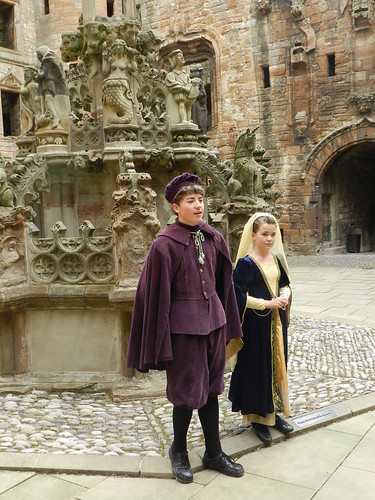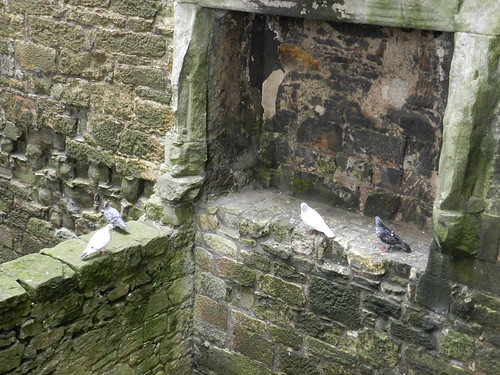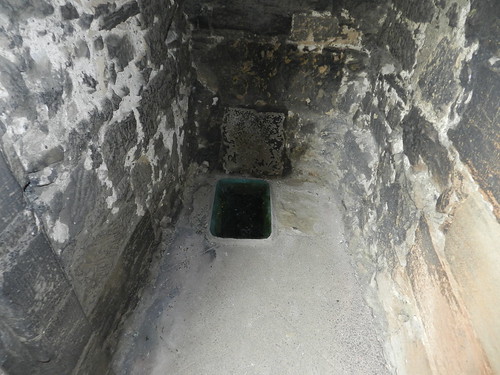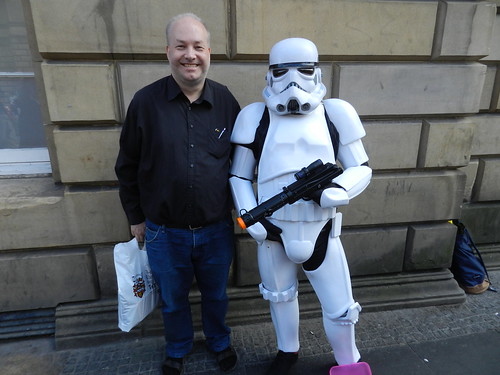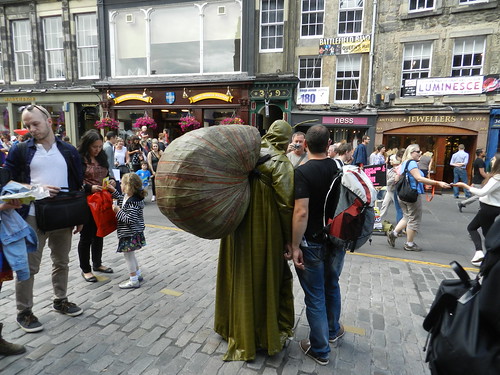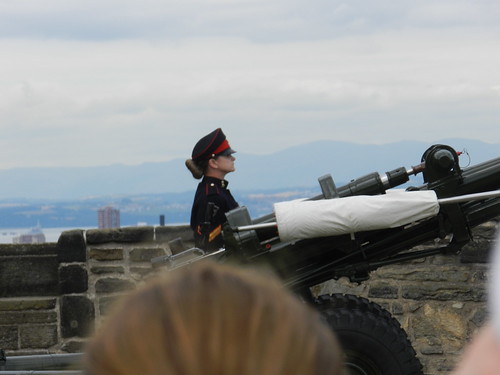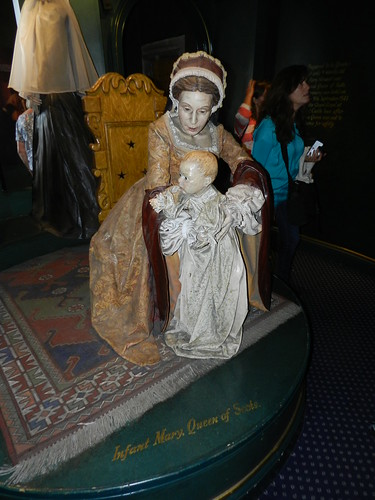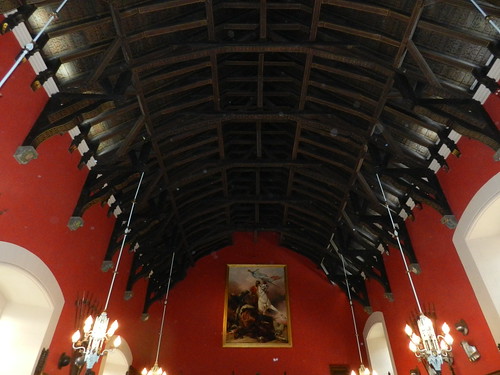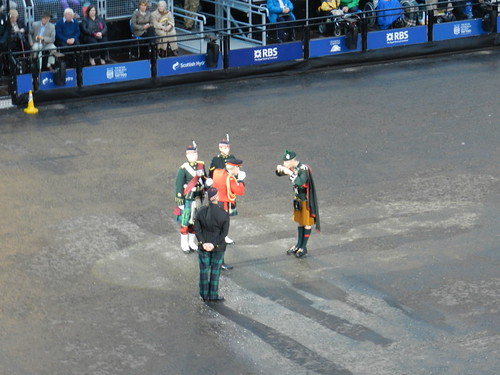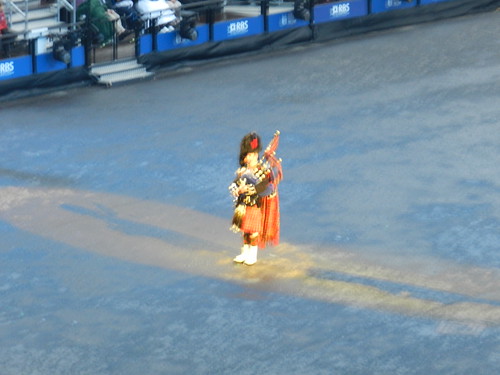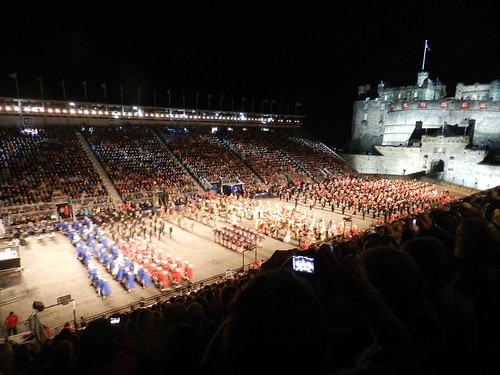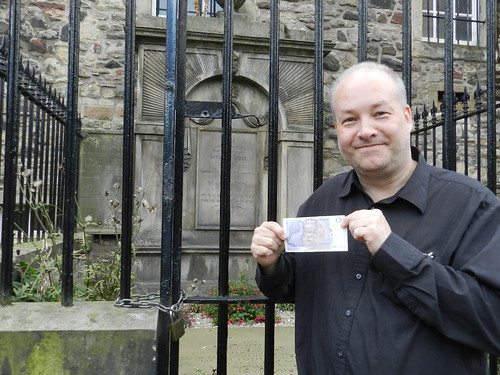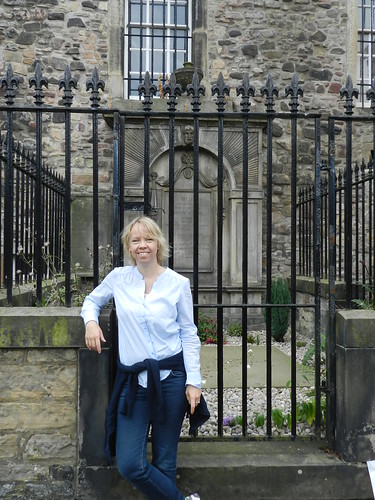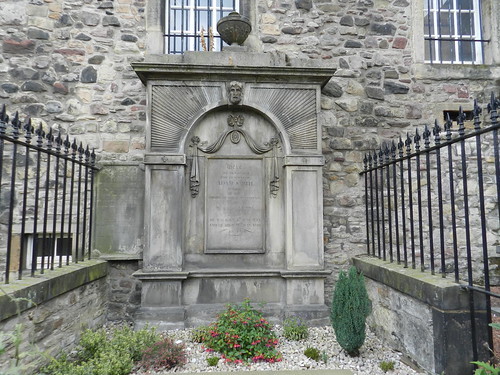My first story from this year's trip to the US is from the Sam Houston museum in Huntsville, Texas. I've
posted earlier about the huge statue of him that stands right by the side of the interstate, and how interesting he was as a politician and statseman, but I can confirm that a deeper look makes the man even more colorful.
Houston is indeed one of the greatest statesmen America has ever fostered, and in addition he has that hint of lovable rogue about him that I like in a politician. He left school after just a few months and only worked on the family farm for a short time, before running off at age 16 to join the Cherokees. He stayed with them for around two years and was adopted by a chief and learned the language. He acquired the nickname "The Raven".
Later, he started a school for about half a year - something quite brazen, considering he could barely write and do maths himself. Around 20 he finally joined the army to fight against the British in the War of 1812. In a fit of maternal love his mother is reported to have said that she'd rather see all her sons placed in a grave than have one of them value his life above that of honor. The heart swells at the thought.
During the war he was injured, but made such an impression that he caught the eye of general, later president, Andrew Jackson. The two struck up a friendship that lasted through their lifetimes. Houston had a failed marriage that lasted only three months and then was accused of slander by a Congressman. Houston physically beat the politician (again an endearable trait) and the subsequent trial, in which he was found guilty, provided him with a national audience and ended in his popularity increasing.
Much followed, much, much more than I can reasonably fit in here. He was elected governor of Tennessee, but left office to live with the injuns again. This time he was given the nickname of "the big drunk" by them, on account of his alcohol consumption. In addition he was made a member of the Cherokee nation and also married a native woman.
Finally, Houston ended up in Texas. Here, he fell in love with the land and fought for independence from Mexico. He was elected president of the new, independent Republic, but always favored inclusion in the United States. When that goal was finally obtained some ten years later, he was elected Texas' first Senator, but was recalled when he voted against the Kansas-Nebraska act. Houston was also governor for a while, but was kicked out because he refused to take an oath of allegiance to the Confederacy.
As a Senator, he bravely stood on principle on numerous occasions and claimed the role of a "national politician", rather than a sectional one, as was so common not just in the south in those days. Indeed, special interests like geography continue to play an oversized part in US (and Norwegian!) politics.
Finally, a little story about his views on slavery. While not a principled opponent of the abominable practice in any way, he treated his slaves much better than most. As with so many other farmers he would sometimes rent out his slaves for other labor when they were not required on the farm, but unlike others he let them keep the proceeds.
It seems that he struck up a genuine friendship with his main slave,
Joshua, who he encouraged to learn to read and write (which was banned at the time) and who took his name - not an uncommon thing back then. After the Civil War, when Houston was dead and his wife and children were in economic need, a freed Joshua offered to give them his life savings of 2,000 dollars - quite a huge sum of money at the time. The widow turned down the money, but I find the gesture moving. I don't know about y'all, but I just don't think I would make that kind of offer to people I viewed as my oppressors.
In later years, Joshua became a respected member of the Huntsville community and actually served as an alderman during Reconstruction. American history has quite a few of these little stories, which is one reason why I loooove traveling around, visiting museums and learning about this stuff.
Sadly, I don't have a single photo from Huntsville, as my camera decided to die on me (for now at least), but you can read more about Sam Houston and view pictures and more stories about him on the museum's
webpage.
